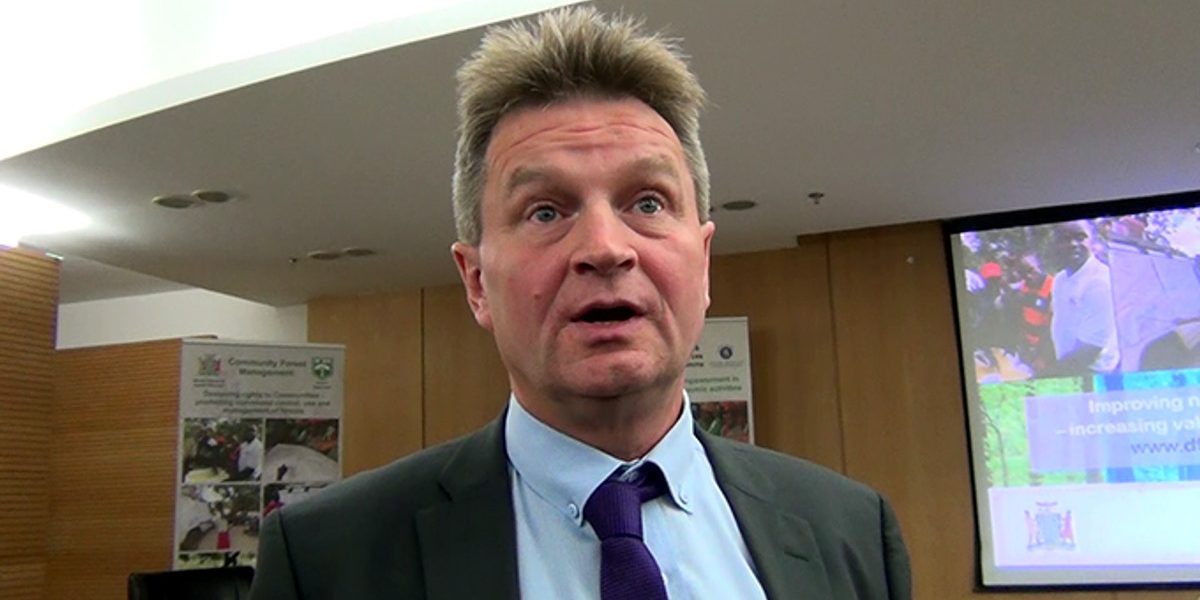
BY MELODY CHIKONO
The European Union (EU) is injecting 40 million Euros under the Zimbabwe Agricultural Growth programme to capacitate the countries’ livestock sector with the latest in-calf Heifers project seen reducing the dairy sector import bill while improving milk production .
The EU funding will extending to Transforming Zimbabwe’s’ Dairy Value Chain for the future (TranZDVC) project which handed over 147 in-calf heifers to 121 dairy farmers for which 59 of them were women in 18 districts from 10 provinces.
The heifers cost US$129, 037 million with a landing cost amounting to US$1,358 for each beast. EU says it is planning for its future co-operation with Zimbabwe for the years 2021-2027 in key priority areas.
The project is aimed at improving the dairy herd genetics while improving the dwindling dairy herd which stood at 123 000 cows in 1990, producing more than 260 million litres of milk annually.
The herd has declined over the years with an estimated 39 000 dairy cows left. The dairy industry is also battling with over US$28 million annual import bill of milk powders and other dairy products as the country fails to meet its production targets.
Speaking at the handover ceremony in Marirangwe last week, EU ambassador to Zimbabwe Timmo Olkkonen said increasing milk production through the right genetics is an important step towards milk self-sufficiency in Zimbabwe.
“Agriculture has become a major priority for us and funding this project is part of it. Zimbabwe is importing a lot of dairy products. Under this project we seek to boost production, encourage entrepreneurship and substitute imports. We also seek to improve the genetics of the dairy herd. We have three major priority areas Zimbabwe which are agriculture, health and governance. We are planning future cooperation with Zimbabwe for the years 2021 to 2027 and agriculture will remain a key priority as Zimbabwe is depended on agriculture,” he said.
- Chamisa under fire over US$120K donation
- Mavhunga puts DeMbare into Chibuku quarterfinals
- Pension funds bet on Cabora Bassa oilfields
- Councils defy govt fire tender directive
Keep Reading
Started in 2019 the TransZDVC is a four year initiative targeting 4000 small to medium scale dairy farmers and largely anchor dairy farms and aims to address the root causes of the underperformance of the dairy value chain in Zimbabwe.











